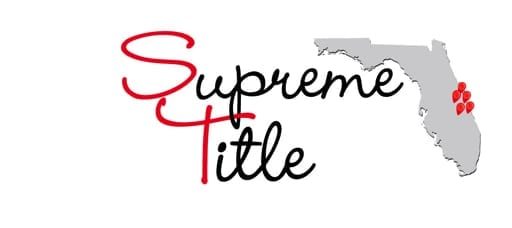What is an Earnest Money Deposit?
Finally, you’ve found a home that checks all the boxes on your “must have” list. The problem is several other people are also ready to call “your” perfect house their home too.
Is there a way to set yourself apart and show the seller how serious you are about purchasing the house? Fortunately, there is a way to stand out. Submitting an earnest money deposit, also known as a good faith deposit, just might be the key to unlocking your dream home.
Do I have to make an earnest money deposit?
Typically 1-5% of the total purchase price, earnest money shows you are serious – or earnest – about your offer to buy. The current real estate market is experiencing mortgage rates at a record low, making the home buying process extremely competitive. Certain sellers in this market may ask for the deposit to be closer to 5%. Although it’s not necessary to submit this kind of deposit, it’s a way to distinguish yourself from other potential buyers. A seller may be persuaded to accept an offer with a noticeable good faith deposit because it offers a sense of security that the sale will make it to closing.
Earnest money provides protection for the seller in the case of a buyer backing out. When a sale falls through, the seller then must go through the process of relisting, which can cause a large financial hit. The earnest money increases the likelihood that a buyer isn’t putting multiple offers on different homes. Buyers choose to submit an earnest money deposit with their initial offer; sometimes they submit it when the buyer and seller enter a purchase contract.
Earnest Money is NOT a down payment.
To clarify, earnest money is NOT a down payment; a down payment will still be required. As mentioned, depending on the purchase agreement detailed in the contract, your good faith deposit may be put toward the down payment later.
Do I get my earnest money back if the sale falls through?
An earnest money contract or purchase agreement will determine what happens to the deposit amount if the sale is incomplete. It also stipulates other details that protect the seller. It’s important to ensure you’re working with a reputable and trustworthy title company to handle the specifics of these contracts and securely handle the money in an escrow account. In the event of a successful sale, the earnest money is credited towards the down payment or closing costs.
Depending on the terms of the contract, if the buyer breaches the contract stipulations then the earnest money will go to the seller. In contrast, if the seller breaches a stipulation, the money returns to the buyer. Make sure you understand the contingencies of this agreement and take the necessary precautions prior to signing your name so you don’t run the risk of losing your earnest money amount.
Is it worth it to make an earnest money deposit?
Although it’s not always necessary, you may want to start your house hunt with the expectation of having to provide an earnest money deposit. Check with your real estate agent to help guide you on the right amount for transactions in your area. In a competitive housing market, you’ll want good counsel and a trustworthy title company to smoothly move things along.
Submitting a deposit of this kind may prove to be worth it when you’re laying down a “welcome home” mat at your new front door.
Supreme Title makes no representations or warranties with respect to the accuracy or completeness of the matters addressed.
Please contact Supreme Title with questions you may have.
info@supremetitlellc.com or reach us by phone at: 321-725-0115
